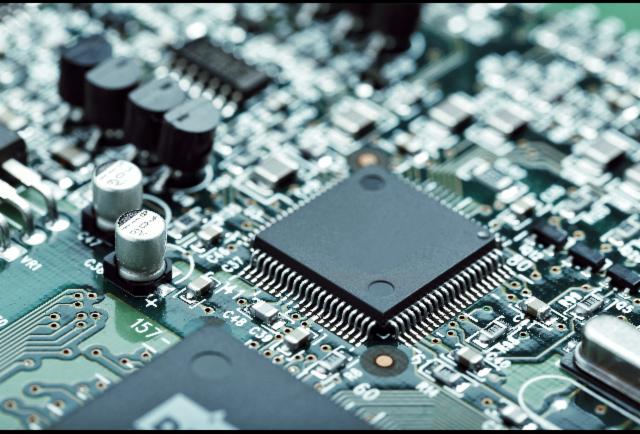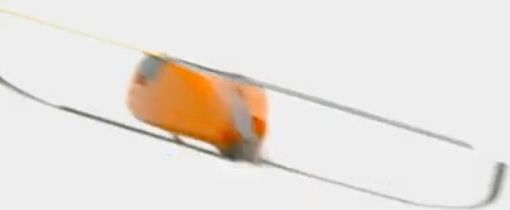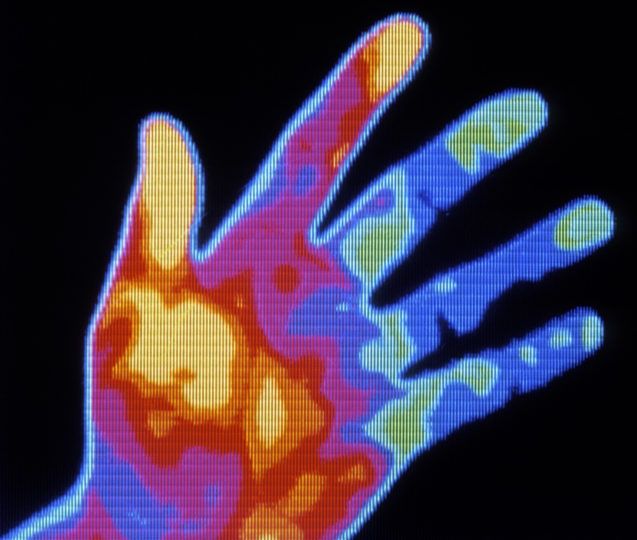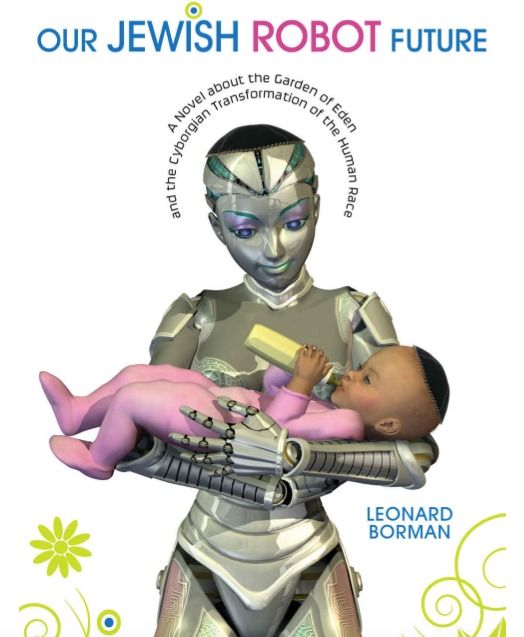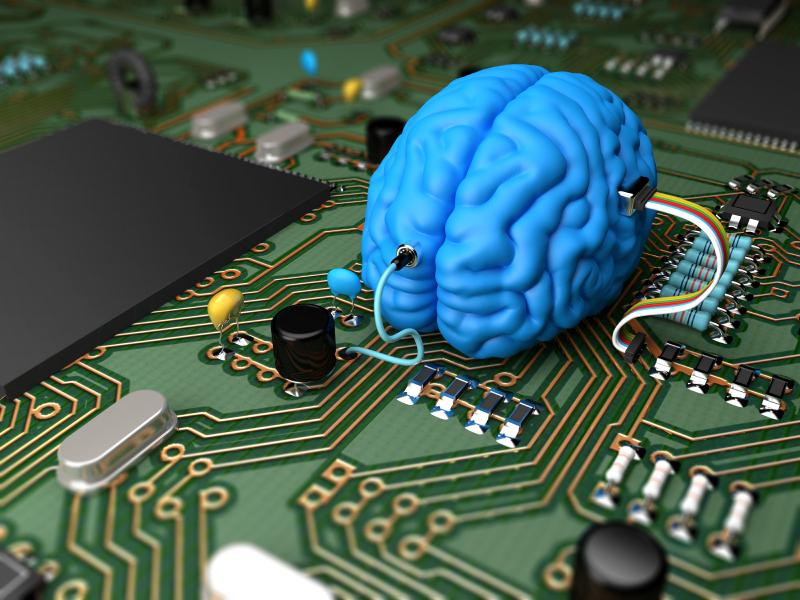Not sure where the author got his messaging on AI and QC (namely AI more fluid and human like due to QC); but it sounds a lot like my words. However, there is one lost piece to the AI story even with QC to make AI more human like and that is when you have Synbio involved in the mix. In fact I can not wait to see what my friend Alex Zhavoronkov and his team does with QC in his anti-aging work. I expect to see many great things with QC, AI, and Synbio together.
Nonetheless, I am glad to see others also seeing the capability that many of us do see.
Applications of Artificial Intelligence In Use Today
Beyond our quantum-computing conundrum, today’s so-called A.I. systems are merely advanced machine learning software with extensive behavioral algorithms that adapt themselves to our likes and dislikes. While extremely useful, these machines aren’t getting smarter in the existential sense, but they are improving their skills and usefulness based on a large dataset. These are some of the most popular examples of artificial intelligence that’s being used today.
#1 — Siri
Everyone is familiar with Apple’s personal assistant, Siri. She’s the friendly voice-activated computer that we interact with on a daily basis. She helps us find information, gives us directions, add events to our calendars, helps us send messages and so on. Siri is a pseudo-intelligent digital personal assistant. She uses machine-learning technology to get smarter and better able to predict and understand our natural-language questions and requests.
